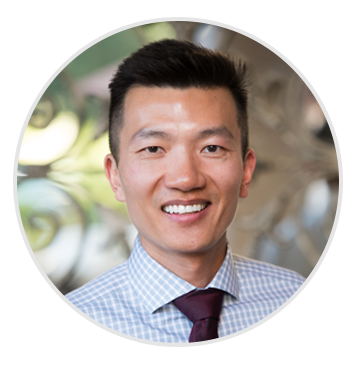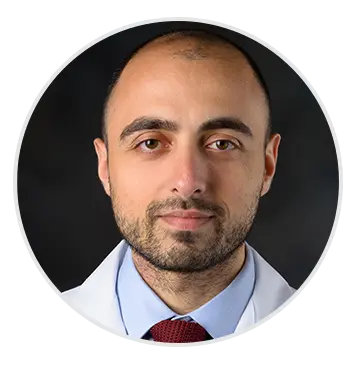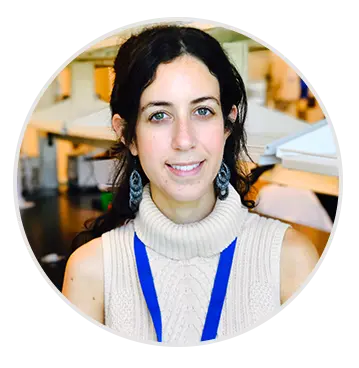Boyu Hu, MD

Researcher Spotlight: BOYU HU, MD The University of Utah Some patients with chronic lymphocytic leukemia (CLL) respond poorly to treatment due to genetic changes that affect primary DNA damage repair (DDR) mechanisms targeted by currently approved agents. Instead, the CLL…





